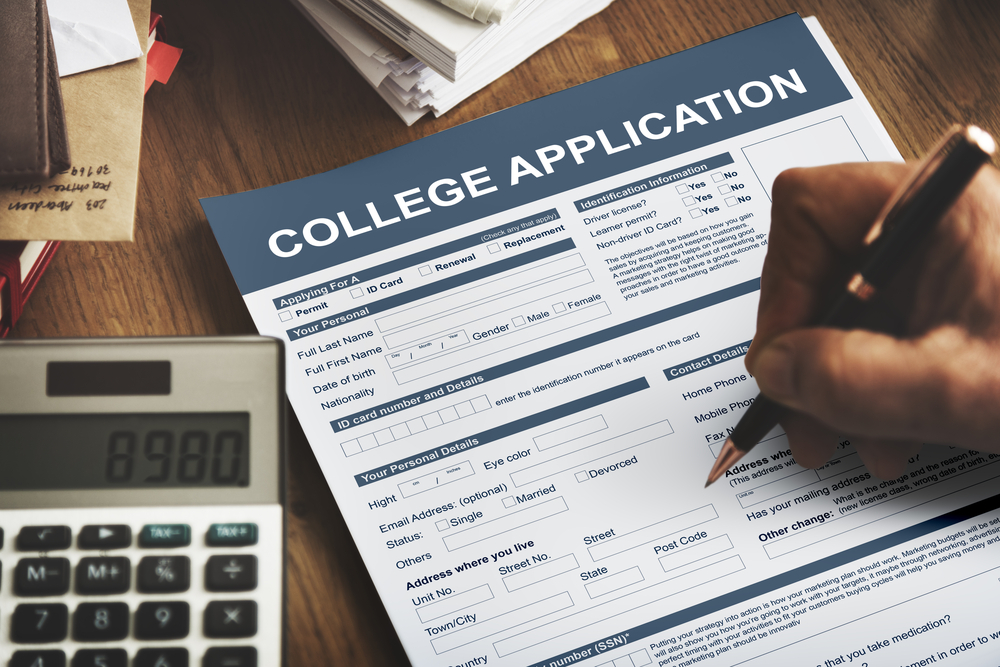Mention the phrase “library and information science” and the majority of individuals in the United States will conjure a mental picture of a place with pin-drop silences and stacks of dusty books.
Additional associations may include the stereotype of the mean, gray-haired librarian who hisses violently at anyone who dares to speak. Beyond these archetypes, the important role of library science goes far beyond the stiff exterior and plays a key role in a knowledge-rich society.
Library Science: Connecting Information and People

Library science connects a wide array of information with people. In previous generations, this often meant that the public library was a storehouse for all the information that an individual was seeking in the form of a physical book or periodical. However, with the advent of the computer and the Internet, the American library is less a physical storehouse for information and more of a place to access said information. Although books and periodicals remain an important portion of the material that patrons can access for check-out, there are also computers with internet access, audiobook applications, subscriptions to databases of information, journals, and much more.
In addition to connecting people with the information they need, library scientists also help to arrange and generate systems of knowledge organization. Also, public libraries help scholars locate archives of information that will benefit the research of all programs and majors. For example, in a professional context, medical libraries are designed to help health care professionals get the most current and accurate information for critical medical situations.
Additionally, library scientists are sources of pertinent information for available assistance programs for families in need or those enduring a personal crisis. Likewise, less critical community resources, like maps to nearby bike trails and IRS forms during tax season, are typically available at the community library–free of charge.
Education and Training in Library Science

In order to obtain a career in this field, you will likely need to obtain a master’s degree in library science. Some individuals choose to begin with a bachelor’s degree in information or library science, but not all master’s degree programs require a library science bachelor’s degree as a prerequisite. Graduate programs for library science degrees usually require courses in research, collection management, reference, cataloging materials, and library management.
Master’s degree programs in library and information science may include a minor or specialty that aims to provide career opportunities in alignment with your professional goals. A library science degree can also be a graduate program minor. For example, a school library program might include a master’s in educational technology with an emphasis on library science. Alternatively, other graduate programs of library and information science might include a major in education or information science research and a minor in library systems.
The difficulty of a library and information science degree program depends on your ability to organize and categorize complex information and utilize standard practices for cataloging material. After obtaining a library science degree, knowledge of continued professional standards through groups like the American Library Association is key.
Typically, a graduate program that focuses on library science contains 36 hours of coursework. A library of science degree can usually be obtained in two calendar years’ time, but some programs allow for a shorter or longer time frame, based on the student’s need.
In order to work as a librarian in a school, you will need to find a degree program that ensures you can be licensed in your state. Some library science degrees in the United States allow you to work in a variety of library settings, such as public libraries, schools, or medical libraries.
Additionally, different colleges and universities will specify if they are fully accredited by the American Library Association. Further, the college or university will define if their educational information science program (designed for individuals working in school libraries) is accredited by the National Council for Accreditation of Teacher Education.
Public libraries, school library programs, and medical libraries all need individuals with both education in library science and a passion for people and learning. Maybe after obtaining your library science degree, you can overthrow the dusty library stereotype and change the mentality of what it means to be a bridge between people and content in the information age.





